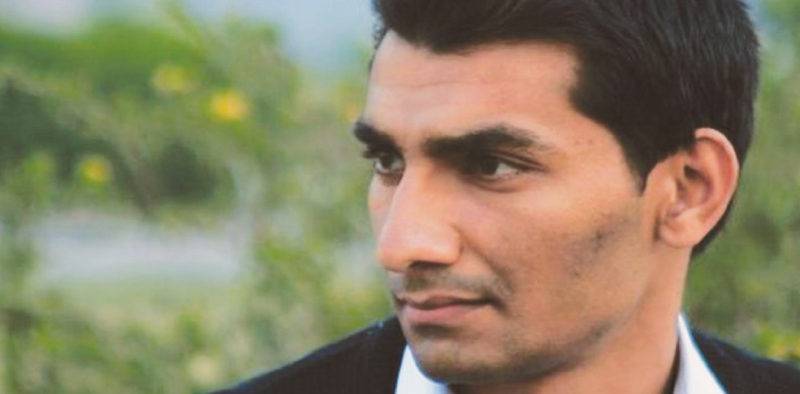
Scholars At Risk, an international body aiming to safeguard the rights of scholars suffering grave threats to their lives and liberty, has written a letter to the Pakistani prime minister and Supreme Court chief justice expressing its concern over Junaid Hafeez’s incarceration and to call for expediting the resolution of his case.
Professor Junaid Hafeez was a lecturer and in the English literature department at Bahauddin Zakariya University in Multan, who has been held in pre-trial detention for over six years under charges of committing blasphemy.
In a letter directly addressed to Prime Minister Imran Khan and Supreme Court Chief Justice Asif Saeed Khosa, the Scholars At Risk urged the addressees to ensure that the lecturer’s case was resolved expeditiously in a manner consistent with Pakistan’s domestic and international legal obligations.
The international body academic body also urged authorities to ensure Junaid Hafeez’s physical and mental health and safety, both in custody and after his ‘hoped-for speedy release’.
In the letter, SAR Executive Director Robert Quinn said that the body was calling for the resolution of matter in light of the fact that it was formed to protect the human rights of scholars, their academic freedom and the freedoms of expression and opinion.
The academic body emphasised that the case had been repeatedly delayed, with the case being transferred between eight separate judges, and with the prosecution using delaying tactics.
SAR held that in light of these facts, and the fact that it was unaware of any valid investigatory or legal justification for extending Junaid Hafeez’s detention and the proceedings against him, the scholar’s imprisonment was a violation of Pakistan’s domestic and international legal obligations under the Universal Declaration of Human Rights and the International Covenant on Civil and Political Rights, to which Pakistan is a party.
The body urged the prime minister and chief justice to intervene to ensure that the scholar’s case was not subject to any further delay,
It further said that Junaid Hafeez's trial should proceed with due regard for international standards, and that his physical and mental heath be protected during the rest of his custody and following his acquittal.
Professor Junaid Hafeez was a lecturer and in the English literature department at Bahauddin Zakariya University in Multan, who has been held in pre-trial detention for over six years under charges of committing blasphemy.
In a letter directly addressed to Prime Minister Imran Khan and Supreme Court Chief Justice Asif Saeed Khosa, the Scholars At Risk urged the addressees to ensure that the lecturer’s case was resolved expeditiously in a manner consistent with Pakistan’s domestic and international legal obligations.
The international body academic body also urged authorities to ensure Junaid Hafeez’s physical and mental health and safety, both in custody and after his ‘hoped-for speedy release’.
In the letter, SAR Executive Director Robert Quinn said that the body was calling for the resolution of matter in light of the fact that it was formed to protect the human rights of scholars, their academic freedom and the freedoms of expression and opinion.
The academic body emphasised that the case had been repeatedly delayed, with the case being transferred between eight separate judges, and with the prosecution using delaying tactics.
SAR held that in light of these facts, and the fact that it was unaware of any valid investigatory or legal justification for extending Junaid Hafeez’s detention and the proceedings against him, the scholar’s imprisonment was a violation of Pakistan’s domestic and international legal obligations under the Universal Declaration of Human Rights and the International Covenant on Civil and Political Rights, to which Pakistan is a party.
The body urged the prime minister and chief justice to intervene to ensure that the scholar’s case was not subject to any further delay,
It further said that Junaid Hafeez's trial should proceed with due regard for international standards, and that his physical and mental heath be protected during the rest of his custody and following his acquittal.
